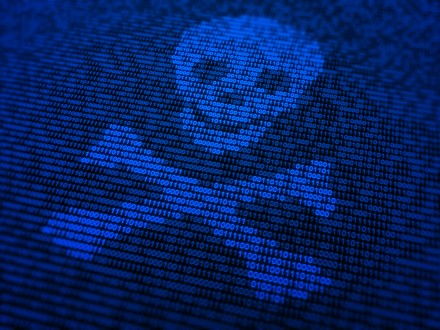WormGPT, the Bad ” Cousin ” of ChatGPT

Cybercriminals are turning to artificial intelligence to launch more convincing phishing attacks.
Artificial intelligence has emerged as the big tech trend of the moment. The popularity of ChatGPT has done just that. Users and businesses have started to test the benefits of chatbots and generative artificial intelligence to get quick answers, save time, focus on valuable tasks and boost their productivity.
But this progress comes with some shadows. Among them is the use that cybercriminals make of technological innovation.
As the security company Panda Security explains, “the problem is not so much legitimate applications as their somewhat more obscure cousins”, which lack ethical limits.
This is the case of WormGPT, a pre-trained generative transformer model that has been manufactured directly to cause evil. It is a paid tool that has been trained with various malware-related sources and generates text that looks like it was written by a human being.
Therein lies its danger. Criminals can use it to create more convincing emails, without the typical grammatical flaws and incriminating signals that used to accompany many phishing campaigns and BEC compromise attacks.
Because it is easy to use, inexperienced people can use this tool to launch mass customised attacks in a matter of minutes.
Panda Security also warns about ChatGPT-like interfaces that have been designed with the aim of tricking users and getting their hands on sensitive information.
“We are not surprised by the speed at which these malicious tools have emerged and become known, it was a matter of time and it was fast,” says Hervé Lambert, Global Consumer Operations Manager at Panda Security.
“The main difference with the original model,” he explains, “is that malicious code can be created – or rather requested to be created – here,” because these tools lack regulation and “the relevant security filters”.
“Fighting artificial intelligence with artificial intelligence is practically an obligation for companies in this new context,” Lambert proposes in response. “And of course, international regulation plays a crucial role here: it must put gates on this huge field to control the weeds and allow the beautiful developments that we are yet to see to flourish.